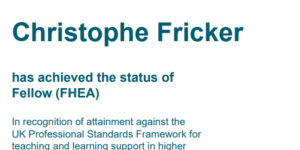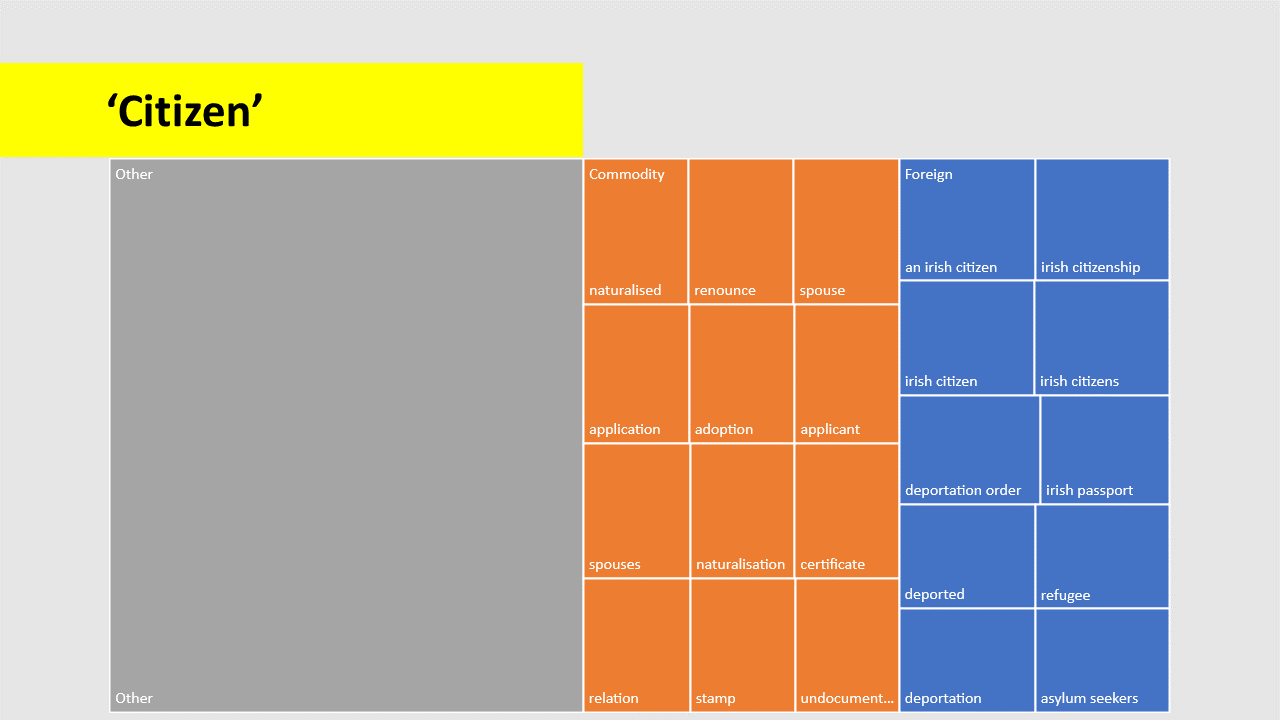I will be discussing new forms of arts / humanities and industry collaboration at a conference at the University of Durham’s new Centre for Humanities Innovation on 7 and 8 July 2014. Participants will be exploring new directions of arts and humanities research. My contribution builds on experiences as a researcher and as an entrepreneur and follows up on a similar paper given at the University of Leipzig’s Research Academy last month.
I am just as passionate about many of my key points as I was a month ago. Here’s why: the arts and humanities as a family of disciplines speak to society. Their research provides examples, arguments, and figures on the grounds of which the wider public calls for a greener economy, fairer working conditions, and more local responsibility. The wider public is aware of these demands also when making purchase decisions. When the arts and humanities actually share what they have to say, they can make companies understand these discourses and attitudes.
The world of business acknowledges the limits of its own logic and understands that it operates in a world influenced by cultures and that it can fail due to an almost inconceivable abundance of misinformation, false statements, and misunderstandings. The arts and humanities can benefit from this change by pursuing their research agenda precisely by applying earlier findings. This is an opportunity even for researchers working on far-flung issues: these issues shed a particular light on a larger context. A specialist’s perspective is irreplaceable.
‘In the current climate,’ the economy is exposed to many much larger risks than the university. For companies, their prospects are changing every day in an ever more complex, better (albeit not always more systematically) informed, and more demanding society. They can only assert their position if they take the development of our knowledge society – as propagated mainly by universities – into consideration in their daily work and in their strategic positioning.
To suggest in this situation that the arts and humanities are having a particularly hard time because they are ‘not relevant to the markets’ is misleading. The suggestion that the arts and humanities lack relevance to the markets is deliberately ambiguous about its own ‘who’ and ‘whom’. Let me try and clarify the issue.
Academia is not by nature inclined to interact with the forces of the market, nor is it, by its nature, necessarily linked to the market. It is certainly not in keeping with the market. It does not act as to be of particular use to the market, and it shouldn’t, either. Market disposition and market conformity are not likely good ideals for universities. However, they are not the same as market relevance. One thing can be relevant to another without being related to it or conforming to it.
The discussion about humanities and industry collaboration has to respect the workings and the strengths of both sectors. A company is not successful if the entrepreneur is greedy, but rather if the entrepreneur has a good idea, is familiar with the market, delivers solid work, and communicates said work. ‘Industry’ shouldn’t be used as a collective term for all those who don’t know as much as university employees, either. If a company makes a mistake, that doesn’t mean that companies are generally unable to handle knowledge and that one may therefore turn away indignantly. It is the university’s task to impart knowledge – and not simply to determine that someone else doesn’t yet have any. Knowledge is not only there for the knowledgeable – just as one should not make money only from money. This is something like an intellectual ban on incest.
This confrontation between academia and industry – meaning the dilemma which many universities face because they are under-financed and the dilemma which many companies face because they are under-informed – can be overcome, first, by ensuring that academia understands and communicates to what extent business people can benefit from its work. Correspondingly, many companies have yet to learn that they can indeed benefit from the results of work from the arts and humanities. And by benefit I do mean making financial gains. However, this is not simply a question of rows of figures. Gains are not generated by the accounting department but by the entire company. Companies do not consist of only accountants. A successful company is home to a variety of ideas and knowledge, values and attitudes. Many of them are in harmony with the premises, methods, and findings of the arts and humanities.
The ‘survival’ of ‘the university’ is not at stake. What is necessary today is that academics back up their own claims of indispensability under changed conditions. The circumstances are favourable.







